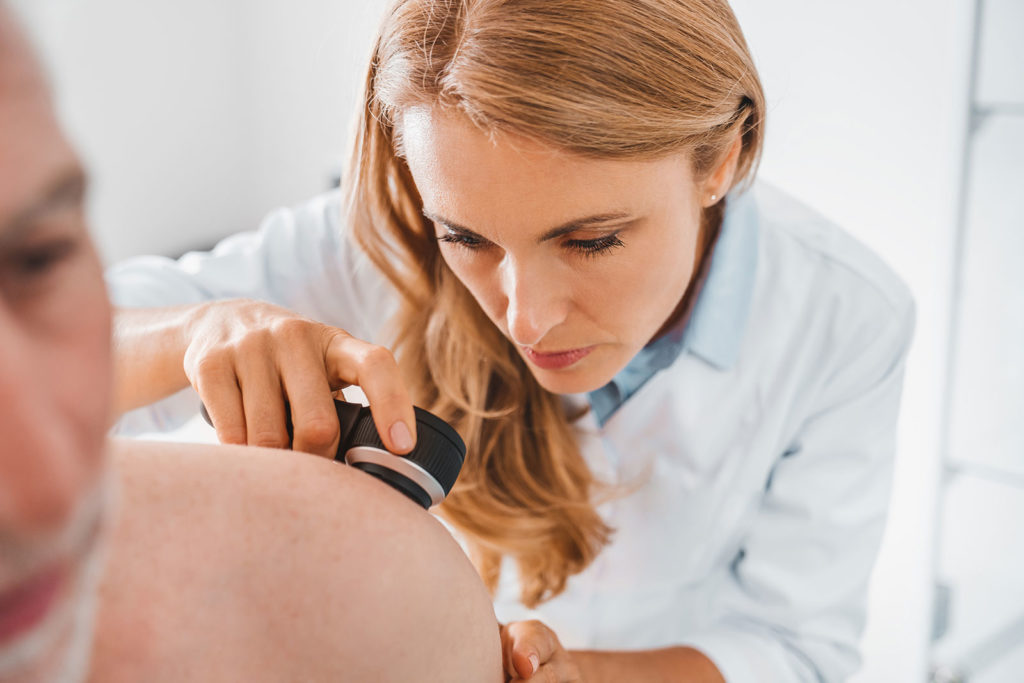
There are over 2.5 million breast cancer survivors in the United States today. Although the words “breast cancer” are two words no one wants to hear, more and more women are beating breast cancer every day. However, it is still a concern for most women that even after being diagnosed and treated for breast cancer, the cancer will return.
Recurrence The truth is, recurrence of the same breast cancer in treated patients is relatively low. For women diagnosed with early breast cancer, most recurrences happen within the first five years after receiving treatment. Still, only an average of seven to 11 percent of women with early breast cancer actually has a recurrence during that time.
New Breast Cancer When it comes to getting a new diagnosis of breast cancer, previous survivors do have an increased risk compared to people who have never had breast cancer. However, unlike recurrence of the same cancer, the tumor from the new breast cancer is unrelated to the first.
Although the risk of recurrence and getting a new breast cancer differs from person to person and depends on the type of previous breast cancer and treatment, there are still some general guidelines you can follow to help prevent recurrence.
Get frequent screenings. Unfortunately, after being diagnosed with breast cancer, patients are 3-4 times more likely to get a new breast cancer in the future. Mammography accounts for approximately one-third of early detections of breast cancer recurrences. Half of the recurrences are found by a simple physical exam. That is why it is so important to get screenings frequently after your first diagnosis. If the cancer does return, it can be caught early on and treated more easily and successfully.
Take proper medications. There are a number of medications that can help prevent recurrence or a new breast cancer from forming. Chemoprotective medications will help protect the healthy tissue from the harmful effects of treatment. Hormonal therapy medicine can help lower the amount of estrogen in the body and its effect on potential breast cancer cells. Avoiding products that contain estrogen or progesterone is also advised. Speak with us on your next visit to find out exactly which medications are best for you.
Lead a healthy lifestyle. Making healthy lifestyle choices will help keep your risk of getting breast cancer again as low as possible. A low-fat diet and regular exercise can help maintain a healthy weight and reduce the chance of recurrence. Limiting alcohol intake and avoiding all tobacco products will also considerably reduce your chances of being diagnosed again.
Being diagnosed with breast cancer once is enough and is traumatic for most people who have to go through treatment. For some, talking to a counselor or joining a support group may be helpful. There are also numerous support hotlines and discussion boards for patients. Knowing everything you possibly can about breast cancer can also help with understanding and acceptance. Speak with us during your next visit to Southeastern Medical Oncology Center and we can help you find a counselor, support group or proper information.

